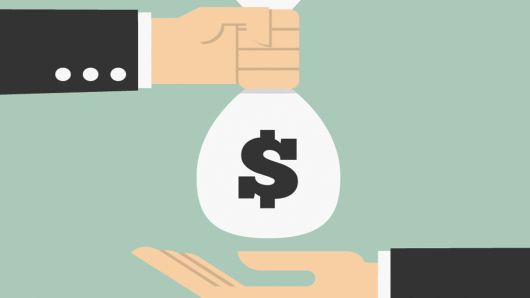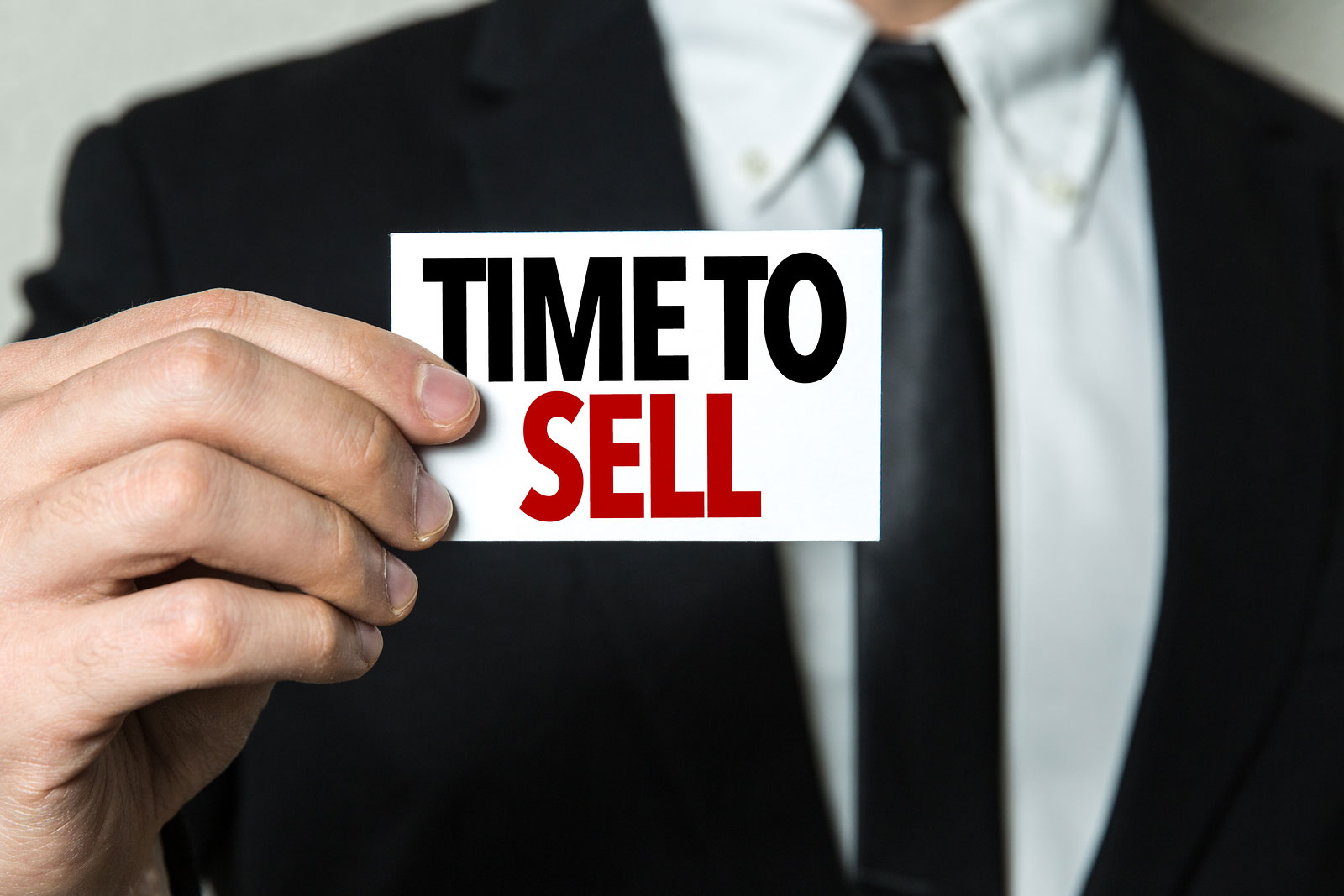

A seller also may consider some measurements to be more important than others. A business valuation is based on both the strength of your financial statements and non-financial data, and a buyer may value some forms of information more than other metrics. You may need to present prospective buyers with a plan for how the business can grow and thrive without you. It’s important to note that cash flow alone will not satisfy a buyer. Several factors are at play, such as market demand, how desirable your industry is, how much of your revenue is recurring, how differentiated your business is, and what margin profile your business has. Some larger companies ($1m-$5m in profit) will sell for higher multiples, typically in the 5-9x range. We now see most small businesses (under $1m in annual profit) selling for anywhere from 2-4x their annual profit. The business valuation multiples themselves have shifted. The whole business valuation landscape has changed in the past few years as global economies have shifted. It’s important to note that annual cash flow alone will not satisfy savvy business buyers you may need to present prospective buyers with a plan on how the business can grow and thrive without you at the helm. The appraiser will take into account everything from inventories to sales, debts, and other business assets to identify opportunities and set a realistic asking price.
SELL MY COMPANY PROFESSIONAL
Keep in mind that a third-party valuation will bring credibility to your asking price.Ī qualified valuation professional can review a business and its competitive environment.

It’s not a straightforward process, and we recommend enlisting a business broker or valuation expert to ensure you get a fair market value. Getting a business valuation is the most important step you can take toward a successful sale.

| STEP 1: Determine the value of your business Here are the six steps you should know when selling a business. The early sales process should be an exercise in improving the profitability of your business while you, the owner, learn to take steps back from the day-to-day operations. We recommend kicking off your exit strategy a year or two before you’d like to see your business sold. Preparation includes a clear understanding of the business's competitive position in the market, setting a realistic asking price, and assessing potential buyers for suitability. Business sellers who are serious about the exit process will start by learning about the M&A market, interviewing potential business brokers, and requesting a professional valuation before embarking on the sales process.Īsk any qualified business broker or reputable M&A firm, and they'll tell you that successful sellers embrace the importance of being well-prepared before entering into negotiations. Once you sell, you’re onto a new chapter in your entrepreneurial journey with no turning back, so it’s important to do it well and do it right for yourself and your business. Selling your business is a one-shot deal.


 0 kommentar(er)
0 kommentar(er)
